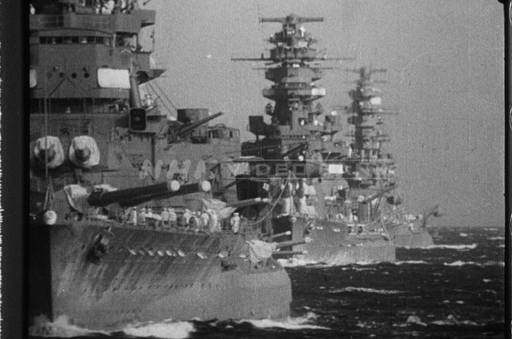

Why was Kaiser Wilhelm II blamed for WWI? Kaiser Wilhelm II, the German Emperor and King of Prussia from 1888 to 1918, is often seen as a symbol of Germany’s responsibility for World War I, although the causes of the war are complex and involve multiple factors beyond just his actions. Here are some reasons why he was blamed:
Wilhelm’s Aggressive Foreign Policy:
Wilhelm pursued an aggressive and expansionist foreign policy, often at odds with other European powers. His pursuit of a powerful navy and colonial acquisitions led to tensions with Britain and France.
Blank Check to Austria-Hungary:
When the assassination of Archduke Franz Ferdinand of Austria-Hungary triggered the crisis that led to the war, Wilhelm’s unconditional support (the “blank check”) to Austria-Hungary encouraged them to take a firm stance against Serbia, escalating the situation.
July Crisis:
During the July Crisis of 1914, Wilhelm’s inconsistent and ambiguous messages to various leaders contributed to the confusion and misunderstandings that ultimately led to the outbreak of war. His failure to mediate or defuse the situation is often criticized.
Militarization and Arms Race:
Under Wilhelm’s rule, Germany greatly expanded its military and engaged in an arms race with other major powers. This militarization contributed to the overall atmosphere of tension and distrust in Europe.
Failure of Diplomacy:
Wilhelm’s impulsive and sometimes erratic behavior strained international relations and undermined diplomatic efforts to prevent the war. He was seen as unpredictable and difficult to work with.
System of Alliances:
Wilhelm was part of the complex system of alliances that contributed to the war. Germany’s alliance with Austria-Hungary and the Ottoman Empire created a network of commitments that, when triggered by the assassination, quickly escalated into a global conflict.
War Guilt Clause:
In the Treaty of Versailles that ended World War I, Germany was forced to accept full responsibility for the war under Article 231 (the “war guilt clause”). This was partly due to the Allies’ desire to place blame on Germany and extract reparations from the defeated nation.
It’s important to note that while Kaiser Wilhelm II played a significant role in the lead-up to the war and its escalation, he was not solely responsible for its outbreak. The war’s causes were deeply rooted in a complex web of political, economic, and social factors involving multiple countries.




